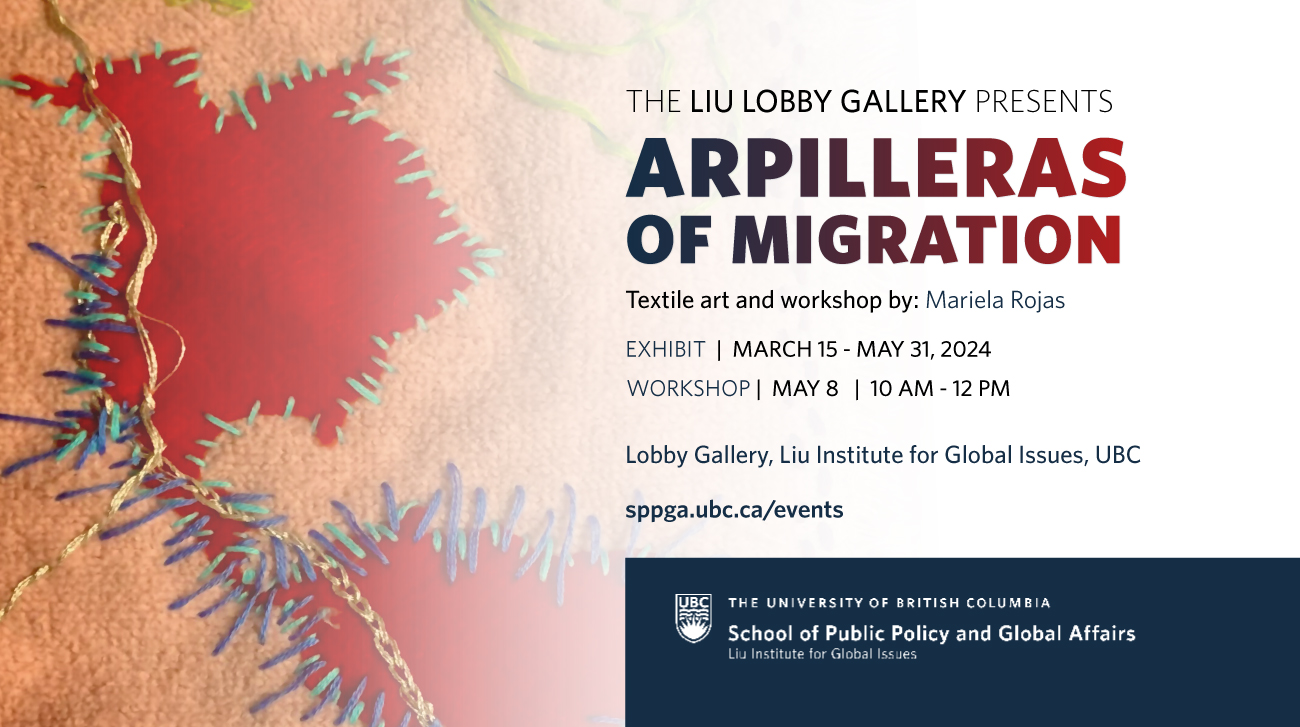Abstract:
Visitors to Japan often express their appreciation of Omotenashi (Japan’s quality service), and regularly comment on their pleasant experiences. Recently, Ometenashi has become a widely-used term by the Japanese government, mass-media and hospitality business who wish to attract more inbound tourists, one of the major strategies of Abenomics. It is also a term associated with the promotion of the Tokyo Olympic Games in 2020. What is Omotenashi? What are the fundamental elements and characteristics of Omotenashi? Is it uniquely Japanese? Are there similarities and differences in quality service in Japanese and non-Japanese settings? How can it contribute to increase Japan’s soft power? Can it be transferable to a different cultural setting? This paper addresses these related questions from an interdisciplinary perspective. Despite popularization of the termOmotenashi, little research has been done concerning its concept, sources and impact among other important issues such as its transferability. This study is one of the pioneering academic investigations into this key term which seems to be gaining attention and importance in business and government sectors.
About the Speaker:
Tam Mito is Professor of Law and Politics at Kwansei Gakuin University (KGU), where he teaches and conducts research into various aspects of Japanese studies and Japanese international relations. He is active in international education, and is the Chief Academic Director of the Cross Cultural College established by KGU, Mt. Alison University, Queens University and University of Toronto. Recent publications include: “Nihon no gunjiryoku, heiwa ryoku, shiminryoku to higashi aria niokeru heiwa kochiku (Japan’s Military Power, Peace-Building Power and Citizens)’ (2016 forthcoming); “Gurobaruka jidai no Kanada no sofuto pawa: Kotokyoiku no genjo to kanosei (Canada’s Soft Power in the Age of Globalization: the Current Situation and Future Prospect of its Higher Education)”, Gendai Kanadawo shiru 57 sho, (Tokyo: Akashi Shoten, 2013).
For further information contact: David.Edgington@ubc.ca
